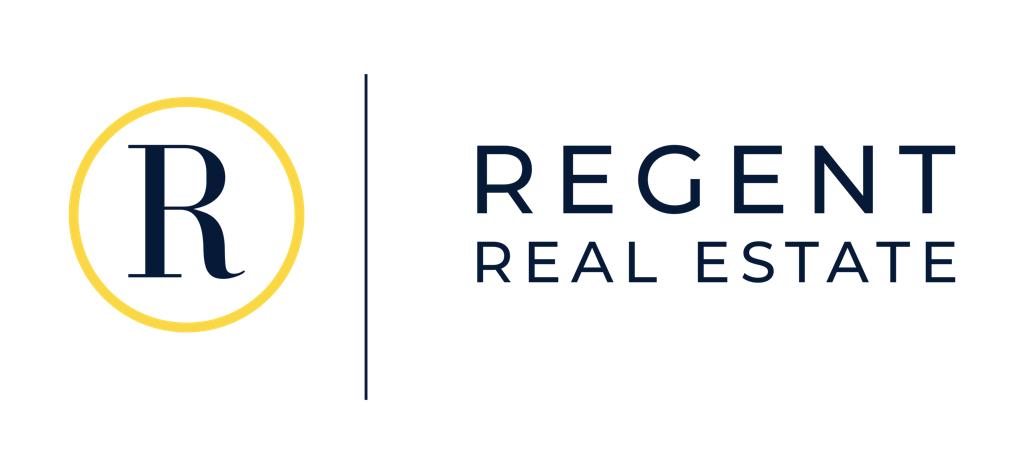This plunge in yields from treasury bills and restriction of corporates and individuals from Open Market Operations (OMO) has shifted Nigeria’s investment narrative towards alternative sectors such as Real estate.
Historically, investors including HNI’s, pension funds, treasury departments of multinationals simply invested in risk-free government securities and ignored other segments as they were largely seen as high-risk and less rewarding. While this appeared attractive for investors, it encouraged “economic laziness” as these investors were not participating in Nigeria’s real sector. Further to this, the Central Bank of Nigeria (CBN) took a decision in recalibrating the economy.
Here’s a backstory…
In October 2019, the CBN issued a directive excluding local corporates and individuals from participating in OMO auctions. This authorized only foreign institutions and banks to participate. The decision was taken to improve activity in Nigeria’s real economy, discourage arbitrage, and encourage bank loans for purposes other than market speculation.
Following this decision by the CBN, local investors rushed to purchase treasury bills, being the most desirable substitute to OMO. However, what followed was a steep downward plunge in the yields from treasury bills owing to the raging demand. Treasury bills with yields previously as high as 20% as seen in 2017 are now hovering between 1% – 2% in late 2020.
How can Real Estate help you?
Real estate has been a resilient sector in the face of a macroeconomic downturn and it appears to tick the boxes for investors seeking a low-risk, higher-rewarding asset class.
The asset class is largely appreciated for its capital gains from the sale of the property after holding for a specific period of time. However, the rental yield from Real estate particularly its residential sector has consistently delivered returns between 6% – 8% depending on location, services offered, and quality of the asset. What this means is that, assuming an average yield of 7%, a residential property with a purchase price of 100 million Naira is expected to have an achievable rent of 7 million Naira.
This change in Nigeria’s investment narrative is expected to continue owing to the CBN’s dovish stance on monetary policy which is large for growth but poor for currency stability. The dovish stance means the CBN is concerned about stimulating the economy by reducing interest rates and encouraging people to spend more money on goods and services. A hawkish stance would mean the CBN is guarding against excessive inflation and would increase the interest rates on government securities. See the chart below comparing historical yields from treasury bills and Real estate.

There’s more…
Owing to innovations from AirBnB, Muster, Spleet among other similar companies, the Real estate market has embraced more flexibility in the residential sector through the short-let business model. Short-let apartments afford residential property owners the opportunity to charge a daily rate from customers willing to rent an apartment for a short period of time. The Short-let business model encourages steady cash flow, higher income potential, and much greater flexibility.
For instance, Mrs. Regent acquires a 3-bedroom apartment in the Lekki region of Lagos State for 75 million Naira and decides to operate the Short-let business model, charging a daily rate of 50,000 Naira. Assuming an annual occupancy rate of 50%, the apartment would return 9.15 million as opposed to an annual rent of 5.25 million, assuming our average annual yield of 7%.
These narratives prove that investors seeking a higher-rewarding asset class can confidently turn to Real Estate to deliver returns higher than the risk-free benchmark while speculating for capital gains in a couple of years.
If you would like to get access to exclusive real estate investment opportunities, you can reach out to us by calling 0812 920 4382 or sending us an email via regent@regentre.co. Alternatively, you can schedule a call with a member of the Regent Real Estate team by clicking here.


